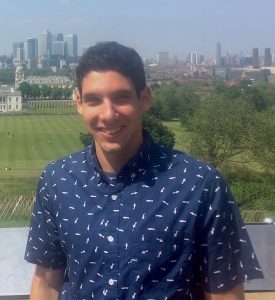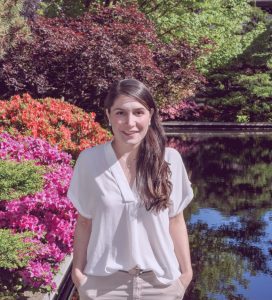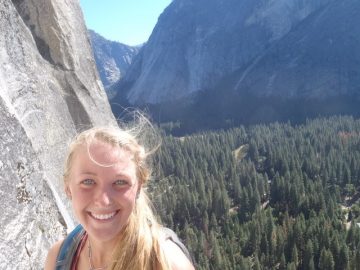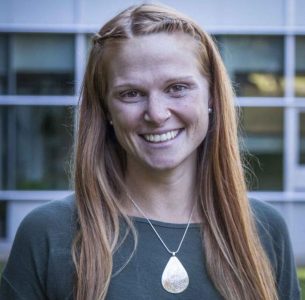IRES Seminar Series
Time: 12:30pm to 1:30pm (every Thursday)
Location: AERL Theatre (room 120), 2202 Main Mall
*********************************************************************************
*** CLICK HERE TO VIEW RECORDING (Abhishek 3:58-33:50 ) (Evan 35:40-1:05:04)***
Using Photography and Videography for Community-Engaged Socio-ecological Research
Community-engaged research depends on building relationships with community partners and making scholarly work more relevant to broader publics. These are not ‘auxiliary objectives’ above and beyond traditional academic ones – they are fundamental to the research process. To this end, a trend towards transformative and transdisciplinary scholarship has brought about methodologies that prioritize reciprocity and research relevance. One example from the SSHRC lexicon is “research-creation,” where research happens alongside creative production, such as videography and photography. Both can be useful in community-engaged research: 1) As a research tool (to answer research questions); 2) as a partnership-building tool (to support research partners); and 3) as a knowledge mobilization tool (to share research results). Drawing on my work, I will give some examples of each and discuss opportunities and challenges to making community-engaged research (and research in general) more visual.
Evan Bowness
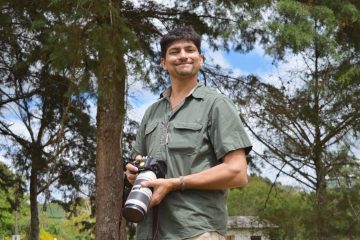
IRES PhD Program
Bio:
Evan is a PhD candidate at IRES, UBC Public Scholar and visual sociologist working with Hannah Wittman. His dissertation project titled ‘Food Sovereignty and the City: A Visual Agroecology of Urban Agrarianism in Canada and Brazil’ takes an urban political ecology approach and uses visual methods to advance our understanding of the urbanization of the food sovereignty movement. Evan is also an amateur photographer and videographer and he teaches at the University of Manitoba’s Department of Sociology.
Applying the transtheoretical model of change to cooking energy transition: Findings and implications
About 2.9 billion people rely on solid fuels (e.g. firewood and coal) in polluting primitive cookstoves with significant societal, environmental and health burden. Cooking energy transition is considered as a technology switch from solid fuels to clean cooking fuels like electricity and gas. However, it involves a host of individual behavior changes in the process of embracing new technology. We apply the transtheoretical model of change to LPG (liquefied petroleum gas) use in rural India for mapping the transition process and its underlying behavioral drivers.
In line with theory, we find that the cooking energy transition can be viewed as a five-stage process, wherein people in different stages have significantly different perceptions of the advantages, disadvantages, and self-confidence related to regular use of LPG. Further, perceived disadvantages emerge as more influential during the transition compared to household wealth, highlighting the need for post-adoption behavior change strategies.
Abhishek Kar
 ‘
‘
Post-Doctoral Researcher, Columbia University
Bio:
Abhishek Kar recently completed Ph.D. in Resources, Environment and Sustainability from UBC. His post-doctoral research at the School of Public Health at Columbia University focuses on the drivers and impacts of cooking fuel choices in Ghana. Over the last twelve years, his multi-disciplinary research experience spans aerosols, human behavior, and policy analysis related to cooking energy transition in specific and energy access in general. Abhishek has co-authored fourteen peer-reviewed articles; his work was featured on the cover of Nature Energy- September 2019 issue. His research on India’s Ujjwala LPG program has been prominently covered by journalists and widely shared on social media, including by the Prime Minister of India.
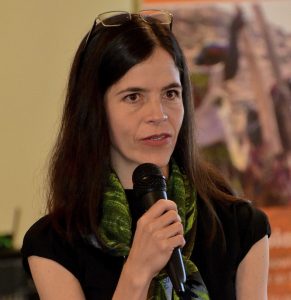
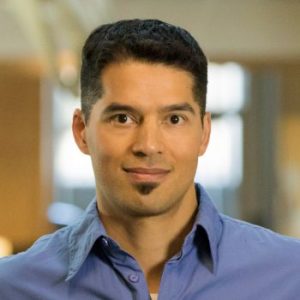

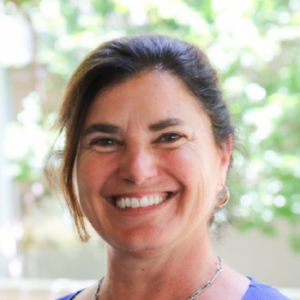
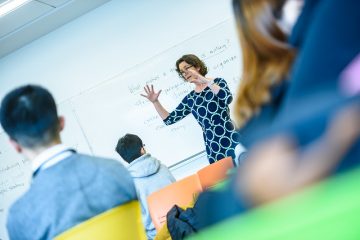
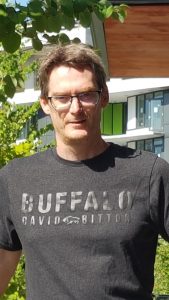
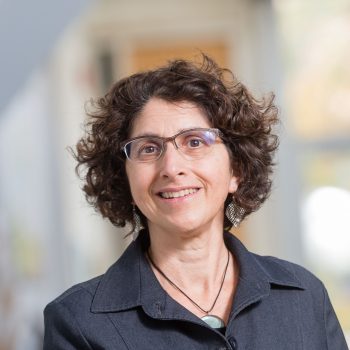
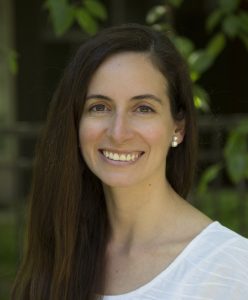

 Freda Pagani Award for Outstanding Master’s Thesis
Freda Pagani Award for Outstanding Master’s Thesis
